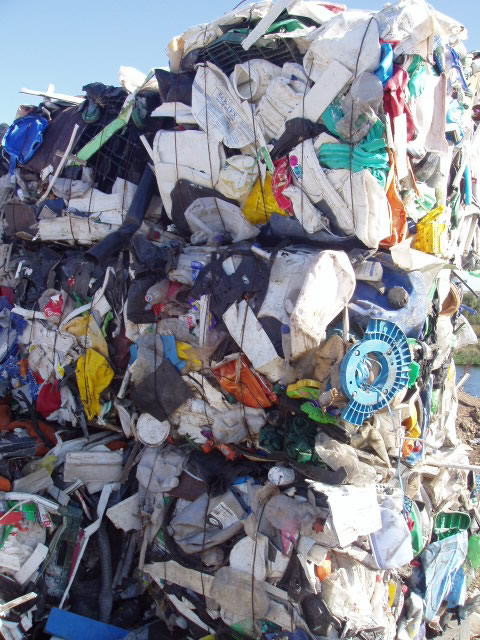Environmentalists, recyclers, zero waste advocates and citizens are clamoring to shut off the spigot of plastic roaming the earth. Single use plastic utensils, beverage containers, packaging and bags are obvious targets. Most recently, a Greenpeace-sponsored audit shows that the big three beverage companies, Coke, Pepsi and Nestles, are the worst contributors to this ongoing problem, as reported in the Guardian.
Greenpeace, concluded that to date industry “waste diversion efforts are not enough to stem the flow of plastic trash into the world’s oceans. The organization’s researchers say 90 percent of plastics produced worldwide are not recycled, and the amount of garbage that winds its way into the seas is the equivalent of one truckload a minute.”
See, Coca-Cola increased its production of plastic bottles by a billion last year, says Greenpeace, The Guardian.
As pressure builds for industry to take dramatic steps to curtail single use items, the beverage industry leaders, Coca Cola, Pepsi and Nestles are pressuring for their own solution. According to a recent survey by Yale University School of Forestry, the companies want to be in charge of any transition through a proposed scheme to by-pass local decision-making through Extended Producer Responsibility. This system would put the companies in charge of recycling and their policies would assume the ‘force of law.’
See;
- Unpacking the Evolving Role of Producers in the U.S. Recycling System (Part 1), Waste 360
- Unpacking the Evolving Role of Producers in the U.S. Recycling System (Part 2), Waste 360
- Unpacking the Evolving Role of Producers in the U.S. Recycling System (Part 3), Waste 360
Industry sponsored EPR for traditionally recycled materials (glass, plastic, metal, paper) is aimed at preventing any further restrictions, and rolling back existing rules that restrict their authority to establish a vertically integrated recycling system. That is, one opposed to grass roots solutions such as container legislation, or ‘bottle bills’, polystyrene foam bans and fees on plastic bags.
Follow the Institute for Local Self-Reliance on Twitter and Facebook and, for monthly updates on our work, sign-up for our ILSR general newsletter.



